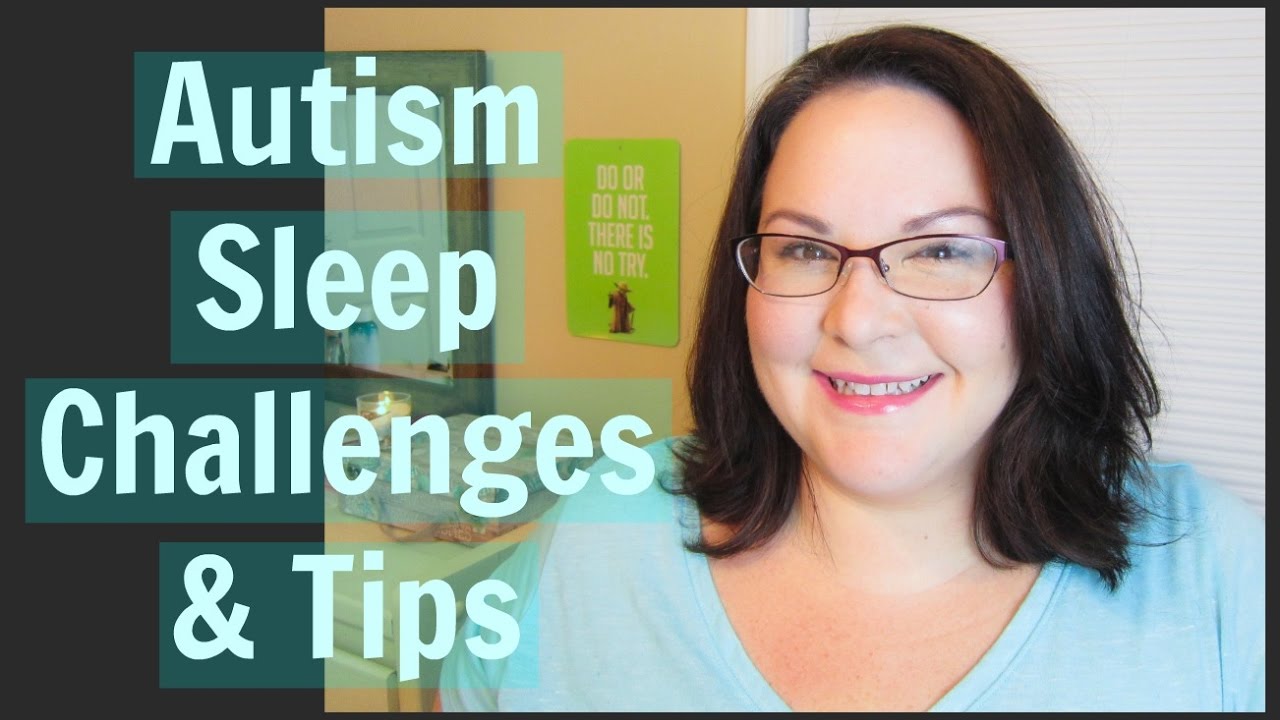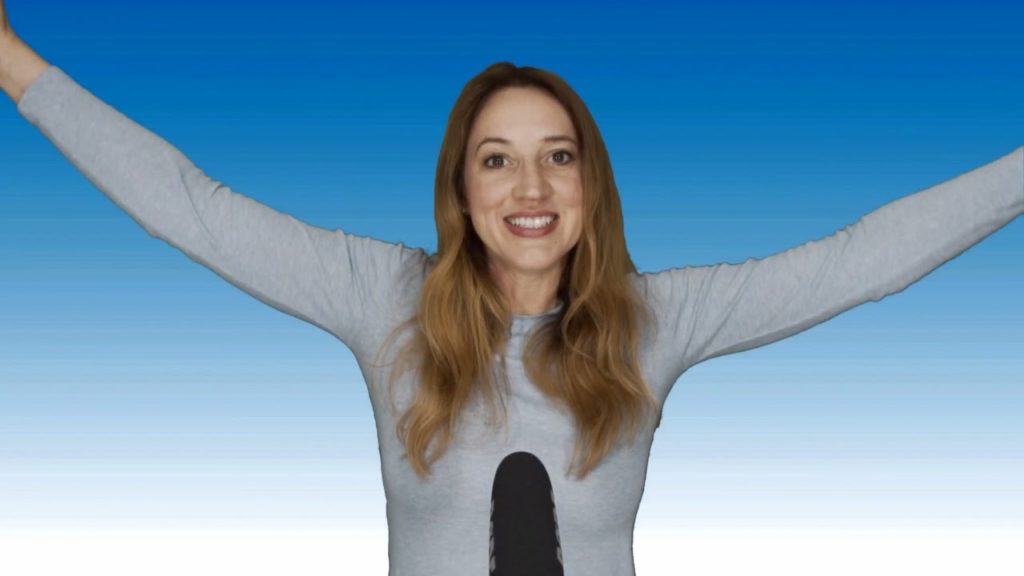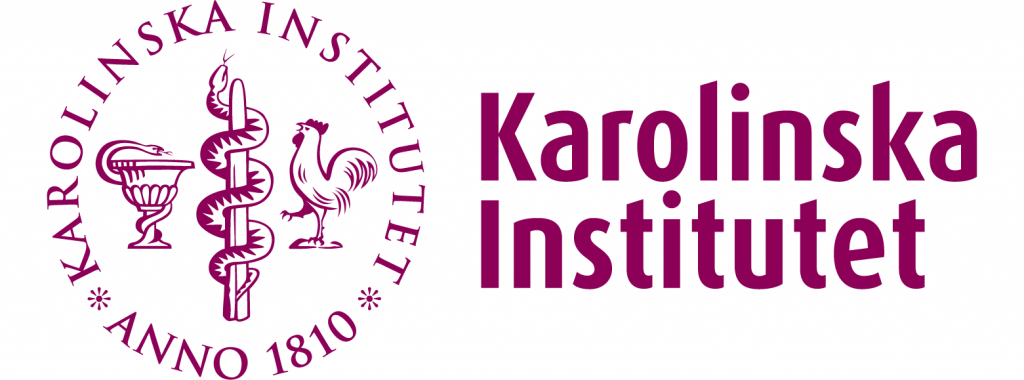autism and sleep
5 Tips To Solve Autism Sleep Problems
5 Tips To Solve Autism Sleep Problems
Are you a parent of a child with autism and have 15 minutes to spare? Please help the Karolinska Institutet with a survey
Does your child with autism spectrum disorder (ASD) experience sleep problems or gastrointestinal symptoms? Please help The Irish Centre for Autism and Neurodevelopmental Research
As you many of our readers will know we have been asking our readers to help The Irish Centre for Autism and Neurodevelopmental Research (ICAN) with various studies. They have contacted us to request our help with a new project.
They say “Some children with autism have both sleep problems and gastrointestinal symptoms, while other children have one of these issues or none at all. The Irish Centre for Autism and Neurodevelopmental Research (ICAN) in National University of Ireland, Galway is interested in hearing about your experiences with your child or adolescent aged 3 to 17 years with autism. We are interested in understanding how sleep problems and gastrointestinal symptoms affect both child and parent. Even if your child doesn’t have sleep or gastrointestinal problems, we can still learn a lot from your information on why some children have these issues and others do not. If you wish to participate, please use the link below.
Autism and Anxiety : “An Investigation of Anxiety in Children and Adolescents with Autism Spectrum Disorder” – The results of recent research from The Irish Centre for Autism and Neurodevelopmental Research h
Today we are delighted to present the top line findings.
If you have any comments or questions please feel free to use the comment boxes at the bottom of this blog.
This study looked at the prevalence of symptoms.
• 10% of participants were found to have borderline clinical anxiety levels, while 75% of participants obtained scores which placed them in the clinical range for anxiety. This finding is particularly interesting as a diagnosis of an anxiety disorder was reported for only 25% of the sample.
• Gastrointestinal (GI) symptoms (i.e. nausea, bloating, diarrhoea, constipation, abdominal pain) were experienced by 80% of the sample within the last three months.
• Sleep problems were reported by 92% of the sample.
• At least one form of challenging behaviour (self-injurious behaviour, aggressive/destructive behaviour, stereotypic behaviour) was reported for 90% of the sample.
This study investigated the relationships between anxiety and other symptoms.
• Anxiety was found to be related to overall GI symptoms, indicating that higher levels of anxiety are associated with higher levels of GI issues. Specifically, nausea and constipation were found to be correlated with anxiety in this sample.
• Anxiety was found to be related to sleep problems, indicating that higher levels of anxiety are associated with higher levels of sleep problems in children and adolescents with ASD. Specifically, sleep onset delay, sleep duration, sleep anxiety, parasomnias, and daytime sleepiness were found to be correlated with anxiety levels in this sample.
• This study did not find an association between anxiety and challenging behaviour.
This study was also interested in looking at the factors which predicted anxiety.
• Sleep problems were found to positively predict anxiety in the current study. This means that high levels of sleep problems predict that an individual will also experience high levels of anxiety.
• Age was found to be a significant positive predictor of anxiety. This suggests that young people with ASD experience an increase in anxiety levels as they grow older.



